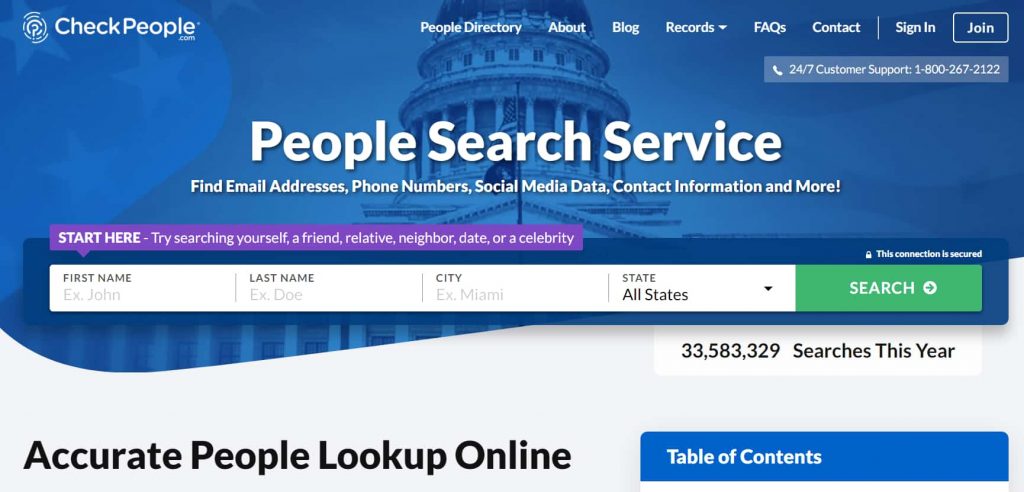Clearview app is not for personal use but only for law enforcement authorities, the company emphasizes.
China has been for a long time the poster face of conducting mass surveillance on its citizens. This has been attributed to its use of advanced AI-powered algorithms being able to facially recognize anyone on the streets. Yet, it seems like it won’t be the only state to do so for long.
Recently, it has been revealed in an investigation by the New York Times that a startup named Clearview AI has developed a facial recognition app that allows anyone to snap a picture of a stranger anywhere and instantly learn about their name, address and any other details available online.
How it does this is no secret. By scrapping images available from social networking services like Facebook and YouTube, the company records number over 3 billion pictures, far more than the databases of law enforcement agencies such as the FBI which has over 641 million images of U.S Citizens comprising of passport and driver’s license photos. Therefore, it is no surprise that over 600 U.S law enforcement agencies like the FBI and the Department of Homeland Security are already Clearview’s customers.
But the crucial question is, what are the implications of such a service being available?
Firstly, it has been reported by The Times that the app has assisted in solving crimes ranging from minor misdemeanors like shoplifting to indictable offenses such as murder, sexual exploitation, and credit card fraud.
While this is a good thing, it needs to be realized that it could turn bad pretty quickly too. States could use it as a tool to monitor the lives of citizens at a very personal level. Additionally, since we cannot expect the tech to be 100% accurate, false positives can end up getting innocent people blamed for crimes they did not commit.
But that’s not all. Since one needs to upload photos to Clearview’s servers, who makes sure those photos are secure? We’ve seen billion-dollar companies suffering from breaches, what makes this small company bulletproof?
Moreover, currently, we’ve only seen a few cities like San Francisco banning the app with there being no federal law regulating their use. This is expected to change with their being a significant focus on making laws governing facial recognition as a result of increasing advocating for such.
As an example, several civil rights groups like the American Civil Liberties Union have complained of such systems, primarily like those of Amazon stating,
“We demand that Amazon stop powering a government surveillance infrastructure that poses a grave threat to customers and communities across the country.”
On the other hand, when it comes to the mass public, although the app is not available for them currently, it is highly probable that it will be in the near time. With this, we’ll see stalkers stepping up their game and a rise in cyberbullying.
However, not everyone is criticizing the startup. According to Detective Constable in the Sex Crimes Unit Canadian Law Enforcement,
“Clearview is hands-down the best thing that has happened to victim identification in the last 10 years. Within a week and a half of using Clearview, [we] made eight identifications of either victims or offenders through the use of this app "
To conclude, social media platforms must learn from this expose and work on finding ways to avert the scraping of their data on a large scale. If they do that, all of these apps will find it difficult to engage in such business. Meanwhile, if government agencies are going to indeed use it, they should at the very least urge the app’s management to take the strictest of security precautions.






